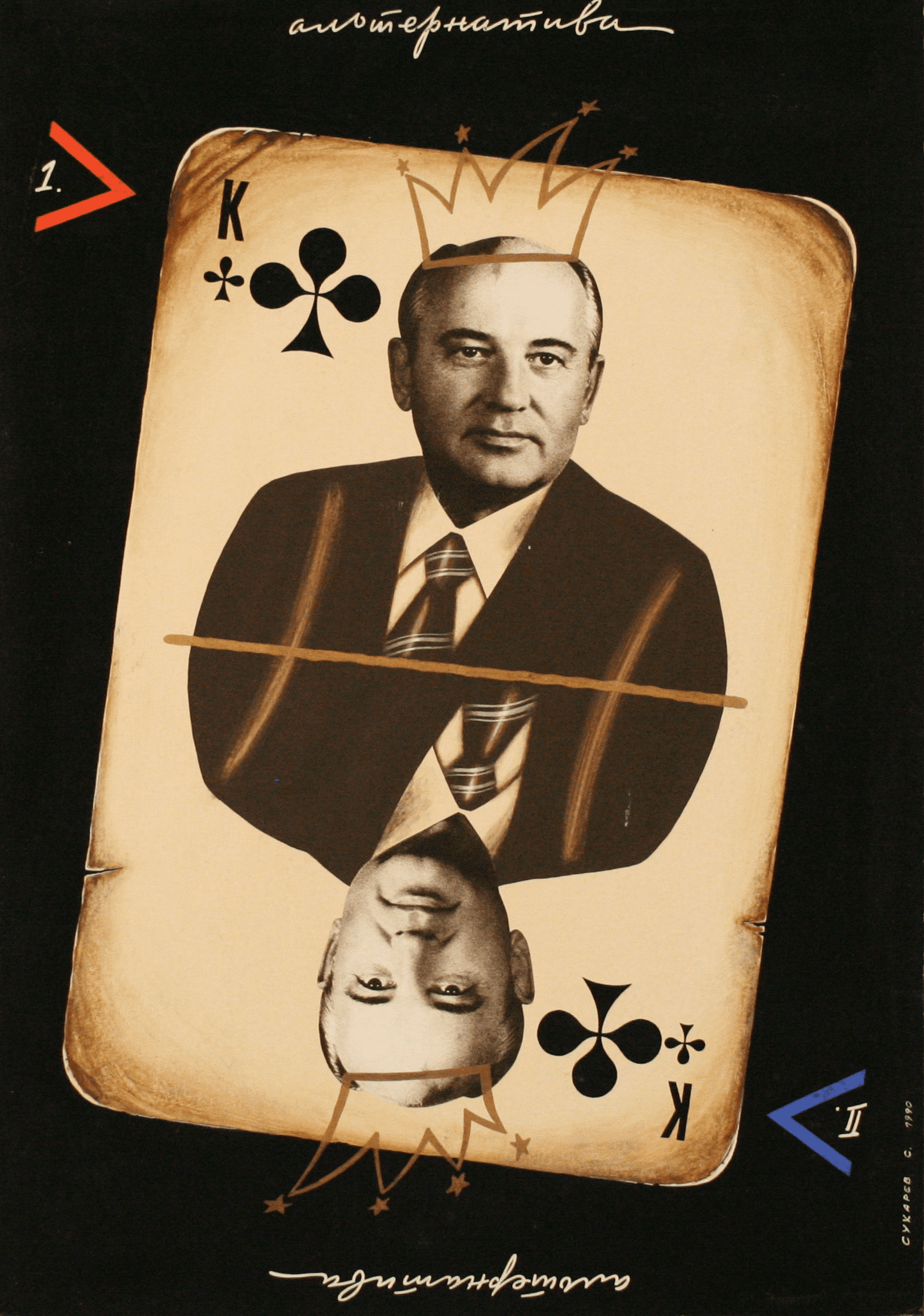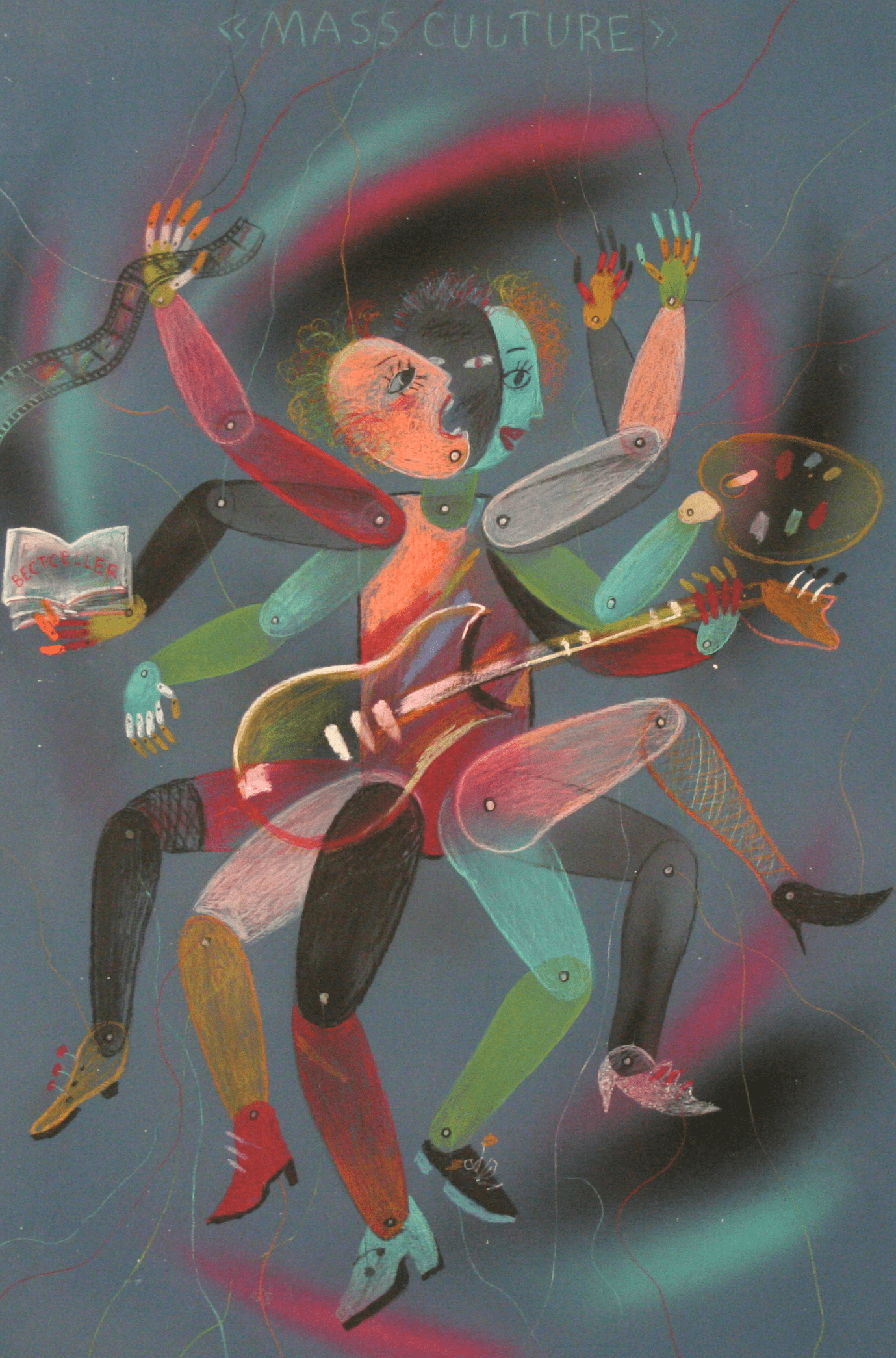Enrique Martínez Celaya: The Sextant

Between 1957 and 1963, the artist’s father built a modernist house in a small coastal village in Cuba. The time period spanned the Cuban Revolution, the Cuban Missile Crisis, and the United States embargo against Cuba, a political context that in various ways reflected the story of the house. This house, in which Martínez Celaya’s family waited for exile, now serves as an official wedding venue, carrying with it the contradictions and the scars of the Communist Revolution and its aftermath.
The installation The Sextant is a smaller-scale recreation of the house, which will serve as an embodiment of the cultural, architectural, and emotional responses to the Cold War in the Caribbean. The aspect of recreation, re-staging, and artifice of the installation is critically meaningful. The model of the house shines a light on the question of authenticity as well as the gap between what is reality and what is a dream, and reveals tensions that are present in all our lives but have a particularly profound relevance to the experience of those who lived in communist countries during the Cold War.
Moreover, the installation explores concepts such as the interiority of memory, the self refracted through the experience of home, and the mysterious, painful, and radiant world of childhood. It also investigates the relationship between lived experience and memory, the way a work of art negotiates the distance between witness and participant, and selfhood that is, at least in part, otherness.
Finally, the work explores the intersection of Utopia with everyday concerns, as well as the question how individuals and societies negotiate or absorb the failure of dreams. The installation is both a primary experience and an allegory for the evolution of our hopes and illusions.
Enrique Martínez Celaya is an artist, author, and former physicist whose work has been exhibited and collected by major institutions worldwide. He is Provost Professor of Humanities and Arts at the University of Southern California, and a Montgomery Fellow at Dartmouth College. His work is held in 58 public collections internationally. Martínez Celaya is the author of nine books, including two volumes of his Collected Writings and Interviews, 2010-2017 and 1990-2010. His work has been the subject of 14 monographic publications. He is the founder of Whale & Star, an evolving idea of social interaction and responsibility, whose imprint is internationally recognized for its books in art, poetry, art practice, and critical theory.







